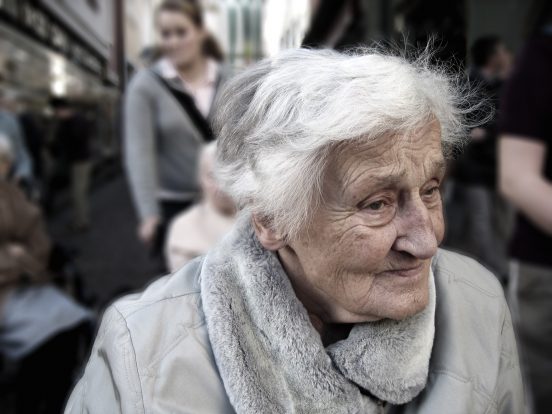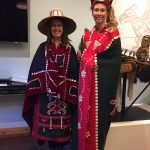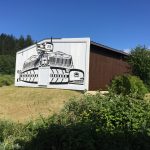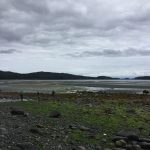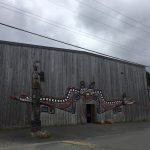Though Whitehouse’s article is not entirely related to my topic of inquiry, it does provide provide insights from a unique perspective. Whitehouse focuses on how Alzheimer’s Disease is almost exclusively approached biomedically and why we should start looking to more societal and community-based responses. Instead of insisting that aging revolves around the ‘loss of abilities’, Whitehouse insists that ‘aging presents challenges that offer opportunities for individual and social growth, even the emergence of wisdom’ (106). To do this we must change our language, which currently acts to restrict our ways of imagining solutions and creates self-fulfilling prophecies of sickness an ddecline. Moreover, we must ‘rethink the concept of community and the relationships between humans and the rest of nature’ (107) and empower people of all ages.
Whitehouse spends the second part of his article on The Intergenerational School in Ohio. The charter school serves as a multiage learning community for children, adults and elders alike and centres around a culture of mutual respect. For example, elders act as reading buddies while students are technology ‘guides’. Even elders with dementia are valued member of the community, and the benefits to them are multifold.
In summary: ‘we are converging on the idea that age-friendly, dementia- friendly, child-friendly, and environmentally friendly communities are just overall healthier social forms for us all’ (107)
Whitehouse, P. (2013) The Challenges of Cognitive Aging: Integrating Approaches from Neuroscience to Intergenerational Relationships. Journal of Intergenerational Relationships, 11 (2), 105-117. Retrieved from http://dx.doi.org/10.1080/15350770.2013.782740
